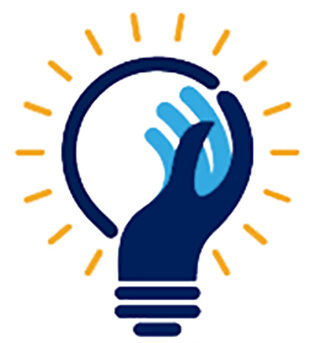By Bill McGinty
In 2016, I was teaching AP US History to the strongest group of students I had ever had. These are the type of students we, as teachers, all dream of – they enter your class with a well-established passion, hoping you will tell them everything you know. Discussions were fast-paced and energetic. Most of them were very political and followed the news closely. As an elite private school in New England, the student body was that unique combination of liberalism with a strong dash of unabashed conservatism. By the time the Presidential election rolled around, things had begun to get personal between students. For many teachers I knew, myself included, it was the first real challenging moment in our roles as mentors and consensus-builders.
They deserved answers and mediation
I was reminded of these challenges recently when I found myself working with a group of Chinese-American students and they began asking some profound questions. Specifically, they were asking about the Chinese Communist Party and how it ran the country. There was so much unsaid in their questions to the point that they would write the questions out in the group chat, lest their parents hear them asking. The course was US History and communism had come up tangentially. The students, being students, seized on the opportunity. Their phrasing made it clear that they had their own notions and were looking for validation. Many of them ended with “right?” It was fascinating as a teacher to witness, through a back channel chat, inter-generational pressures in my students. However, they did deserve answers and mediation – just as the students in 2016 had.
Taking the time to have hard conversations, and sharing both sides of an issue, often produces the foundations of a ‘global citizen.’ Giving students the tools to make informed decisions fosters empathy and encourages critical thinking.
Students have always had tough questions they want answered, but our role as mentors feels critical recently. Despite the ever-increasing divisions, with the War in Ukraine and the resurgence of populism sitting front row in my mind, our students remain our best chance to help fix these cleavages. Taking the time to have hard conversations, and sharing both sides of an issue, often produces the foundations of a ‘global citizen.’ Giving students the tools to make informed decisions fosters empathy and encourages critical thinking. As the World Economic Forum points out, “…interdependence, empathy and perspective are essential values of global citizenship.” To help facilitate these classroom conversations, I wanted to share my four main rules when facilitating hard conversations.
- Equal Air time – No matter what the topic, nor how ridiculous one side may be, it is imperative that students be given both sides. This avoids alienating students who may secretly feel differently than the rest. It also often forces students to avoid immediately dismissing each others’ viewpoints and emotional reactions.
- Scaffolding – When engaging in touchy topics, its important to be prepared. Specifically, have a few general questions for the students that forces them to probe the issue without diving right into the controversy. This will help avoid the immediate “You’re wrong!” back and forth.
- Choose your Field – No matter how much you might want to facilitate a hard conversation, there are wrong times for it. Five minutes before class ends, for example, would be to rev the students up and then release them to fight unmoderated in the hallway. Additionally, if students bring up a topic you do not feel well-informed on, it would be best to put a pin in it and begin the next class after some research.
- Embrace the Immovable – There are topics, issues and causes in this world that people will never see eye to eye on. You should always be clear with students that learning and discussion is not the same as persuasion. Do not allow a hard conversation become a debate – no one ever changes their minds from a debate, they only pitch their opinion.
Between COVID and virtual education, our students will, more than ever, need teachers who can do more than convey knowledge. As the world becomes more divided and chaotic, it becomes all the more important to have the hard conversations and embrace those differences of opinion.
April Rinne. What is Global Citizenship? World Economic Forum, https://www.weforum.org/agenda/2017/11/what-is-global-citizenship/
